Lynn K. Nyhart and Scott Lidgard
Scott Lidgard and Lynn K. Nyhart
Matthew D. Herron
Andrew S. Reynolds
Lynn K. Nyhart and Scott Lidgard
Michael A. Osborne
Scott F. Gilbert
Alan C. Love and Ingo Brigandt
LYNN K. NYHART AND SCOTT LIDGARD
This volume is premised on the idea that biologists, historians of biology, and philosophers of biology can learn more about individuals and individuality by working in concert than by working separately. Biologists and historians and philosophers of biology have a long history of working productively together; indeed, one of the hallmarks of the discipline of philosophy of biology as it has developed since the 1960s has been that it didnt treat the science and scientists at arms length the way philosophy of physics often did (Hull 2000, 69). The successful meetings of the International Society for the History, Philosophy, and Social Studies of Biology since the late 1980s have further demonstrated the fruitfulness of conversation and collaboration across these disciplines. The problem of individuality is a natural locus for such collaboration, as it is a fundamentally philosophical problem with a long history that impinges directly on how biologists do their work.
As this volume shows, philosophical and historical perspectives can illuminate concepts of biological individuality and help open up productive avenues for biologists. In addition, we argue that a truly cross-disciplinary approach should contribute to more even-handed reciprocity among these fields, in which interdisciplinary examinations of biological individuality would also enhance the history and philosophy of biology. How might such mutual enlightenment work?
To answer that question, we must first acknowledge that biologists, historians, and philosophers all have different goals, and their areas of interest overlap only partially. A crude but useful formulation might be as follows. Biologists want to understand how living nature works. Historians of biology want to understand how scientists think about how nature works, and how scientific construals of nature have changed over time. Philosophers of biology want to understand and improve upon the conceptual structure of biology. They might partake in the biologists or the historians kinds of questions, depending on whether their focus is more ontological (concerning the basic categories of what is real in nature), which tilts them toward the biologists, or epistemological (how we understand nature), which tilts them toward the historians as well as the biologists.
Historians and philosophers can help biologists by clarifying hidden assumptions and reviving older questions and perspectives that have fallen into the shadows, by imagining new approaches to solving existing problems and identifying where seemingly new approaches have in fact been tried before, thus inviting scientists (notoriously forward-looking as a group) to look to their forebears for insights. In addition, because the research of historians and philosophers is not tied to particular biological systems or levels, and tends to be more attuned to broader contextual factors and underlying philosophical questions, they may provide insights deriving from those more distant perspectives on how biology works. These broad claims to the utility of philosophy and history for biology are not novel, but they bear repeating. We think that their application to the more proximate, specific problems that arise when biologists put individuality concepts to work do in fact yield novel insights (see Lidgard and Nyhart, this volume).
But what is the role of the biologist in enhancing the history and philosophy of biology? This question is asked less frequently. For both historians and philosophers, biologists and their confrontations with nature provide the fodder for analysis, but they tend to do so in different ways and for different ends. Present-day biologistswho are usually well acquainted with how they themselves workprovide reality checks to historians and philosophers (Waters 2014). No, thats not actually how I think; I think about it like this is one sort of help a biologist can offer to a historian or philosopher. Another is to clarify, based on deep familiarity, how particular biological systems work, according to the present state of observation and theory. The work of past biologistsespecially dead ones who cant talk backprovides further material upon which historians and some philosophers of biology might perform overlapping kinds of analyses. Both groups often begin by seeking to understand how past biologists thought and what they knew. What were the fundamental underlying commitments that shaped how they thought about nature? By what processes did their ideas about living nature change? How did they gain new knowledge? At this point, historians and philosophers of biology diverge.
Historians will tend to seek plausible explanations for the process of change from the particulars of historical contextswhether those particulars have to do with the biographies of the individuals involved, their scientific and technical practices, or the institutional, economic, religious, political, or cultural circumstances under which they operate. Because the world of historical events is unimaginably complex and its record is always incomplete, historians typically dont argue that the trajectories they trace through the historical events, or even their causal explanations, are the only true ones. Rather, they seek to reconstruct what happened based on the available evidence, and then provide a plausible and persuasive account of why it happened in a particular way. In recent decades, such accounts in the history of science have tended to highlight the social and material features of doing science that have contributed to structuring the directions of new knowledge, with a heightened sense that those directions are context-dependent. Even historians of science who are not strict social constructionists (and most arent) usually accept this basic premise and are thus more likely to adopt a pluralist account of nature: historical and cross-cultural analyses emphasize that humans have developed many different ways to make sense of nature, and they are not all commensurable with one another.

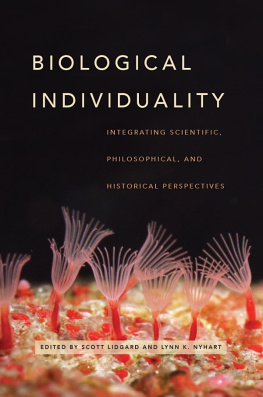

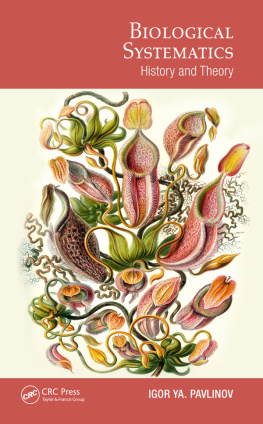
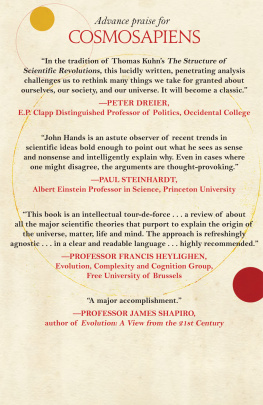
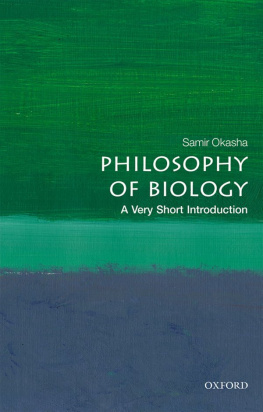
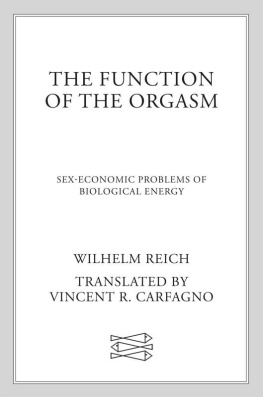
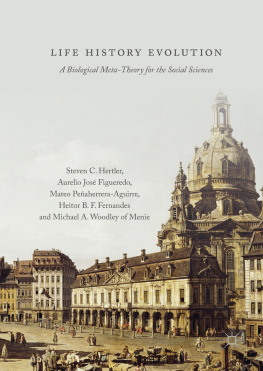

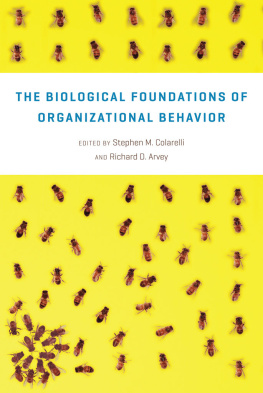
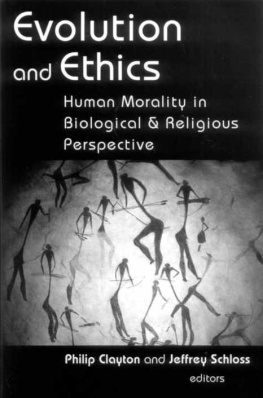
 This paper meets the requirements of ANSI / NISO Z 39.48-1992 (Permanence of Paper).
This paper meets the requirements of ANSI / NISO Z 39.48-1992 (Permanence of Paper).